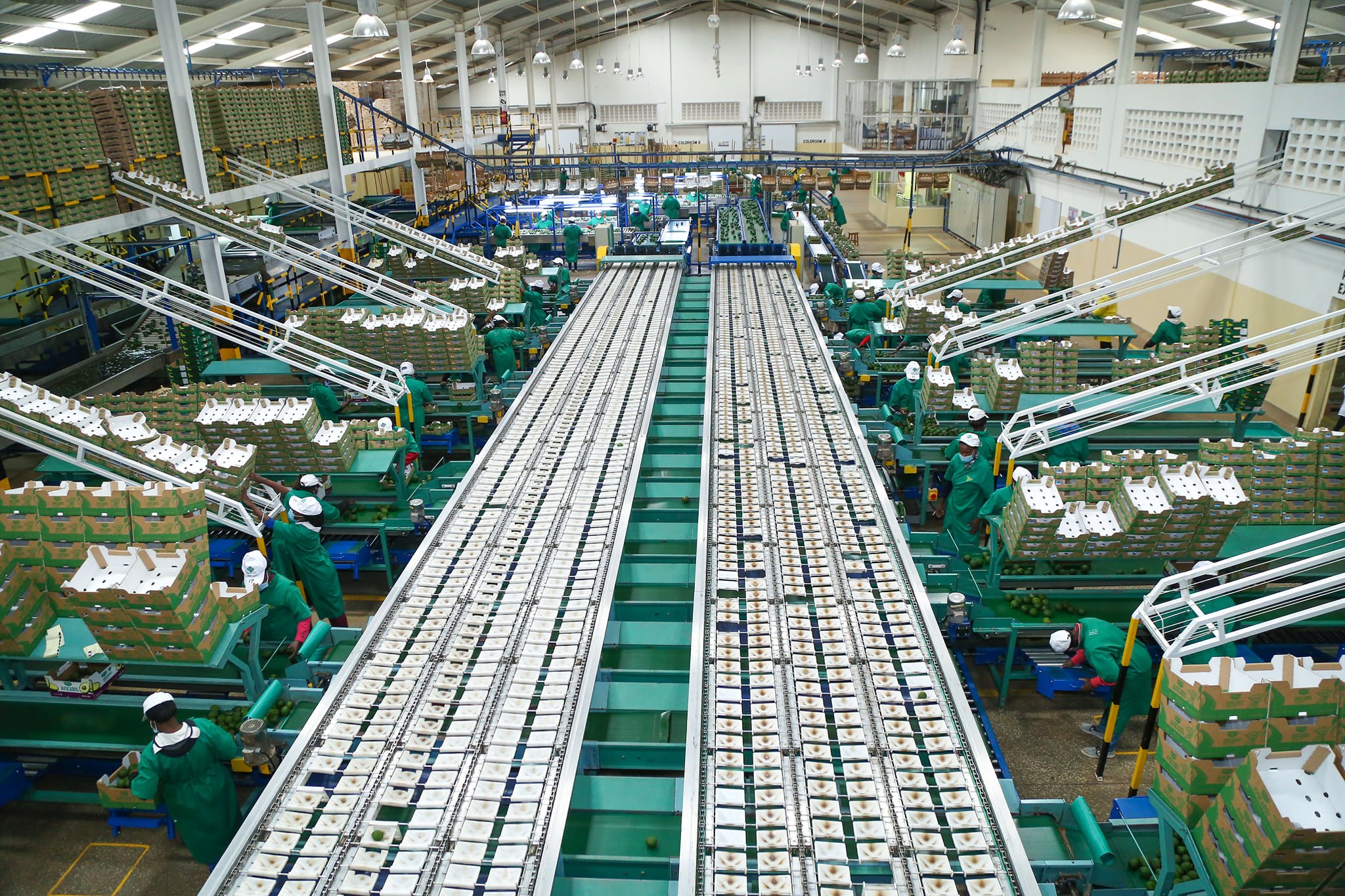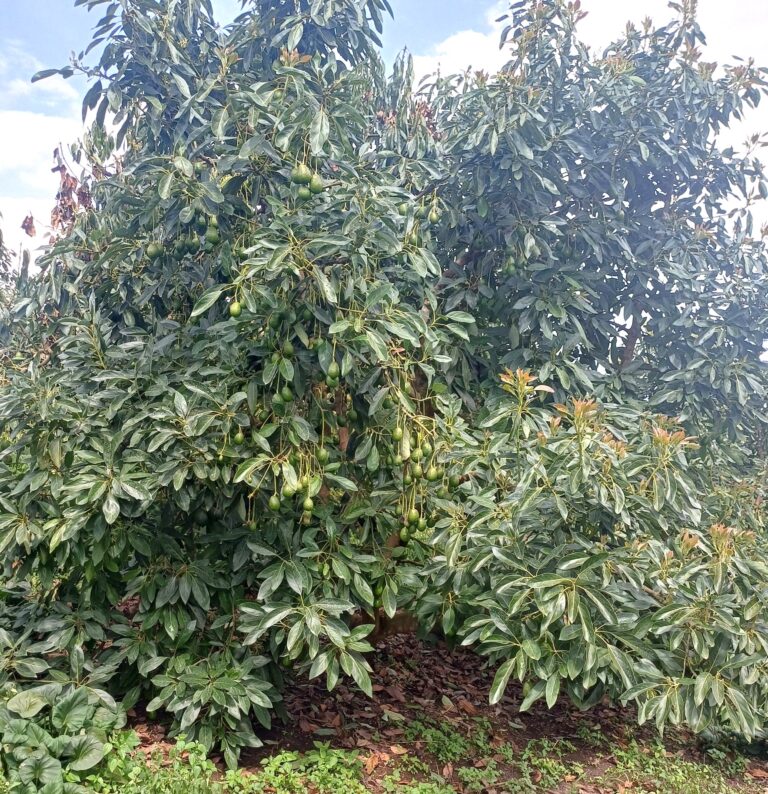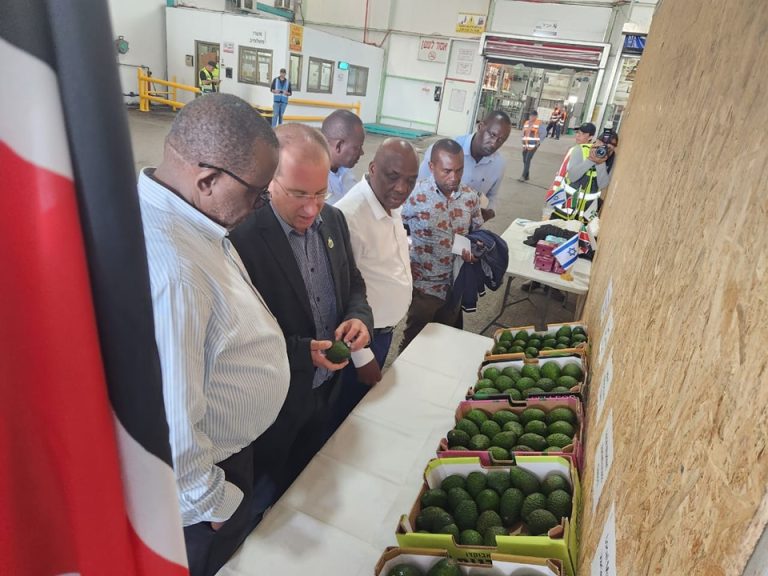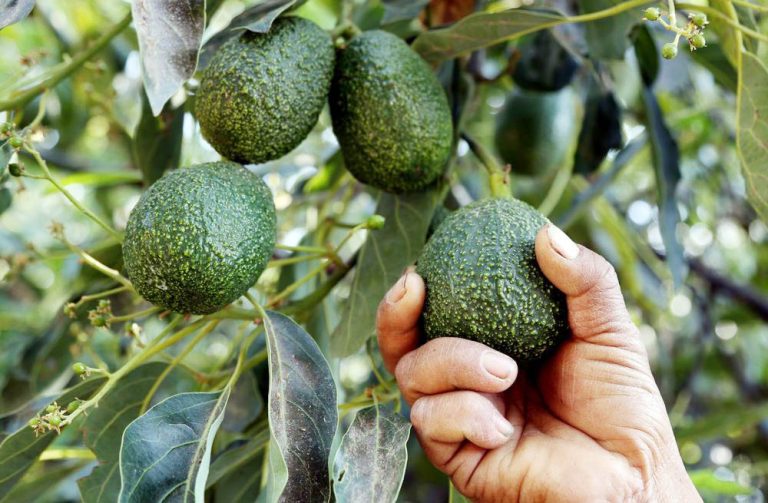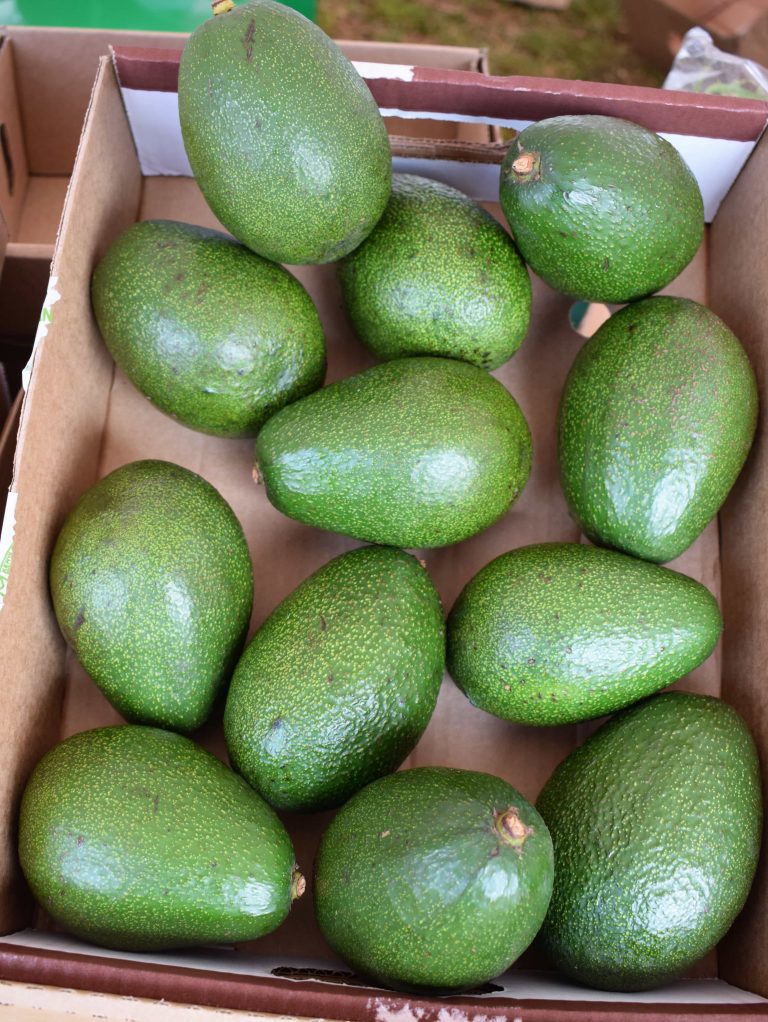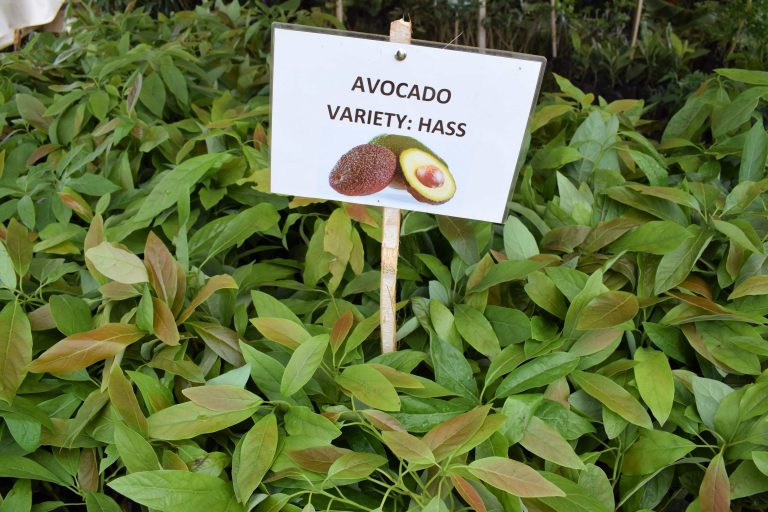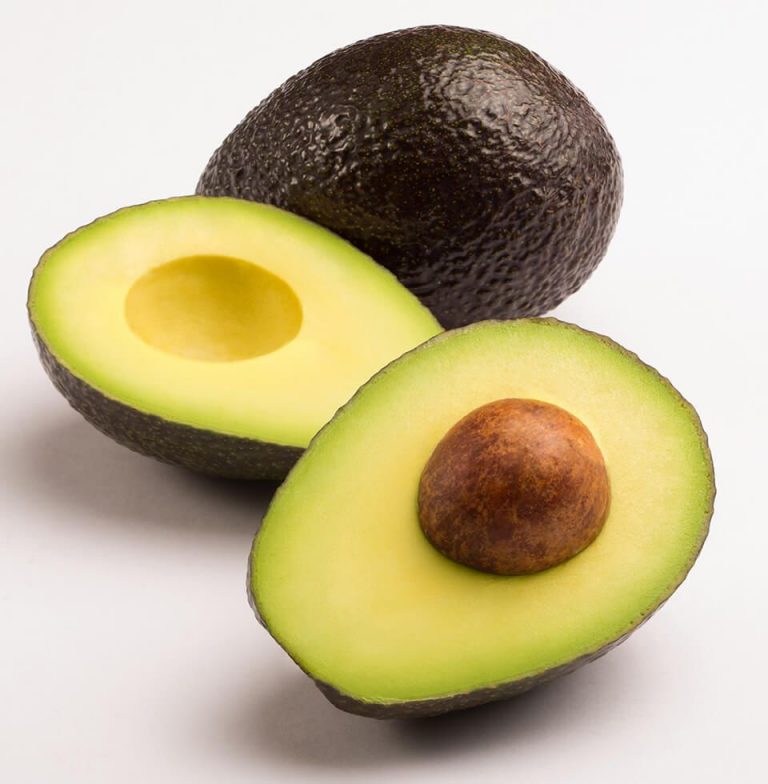Kakuzi PLC has posted a Kshs 494.7 million pretax profit in its half-year results announced today.
Buoyed by increased sales, particularly against the firm’s strategic Avocado and Macadamia crops and steadily growing revenues from its market and product diversification efforts, Kakuzi has enjoyed a 60% rise in pretax profits.
Speaking when he confirmed the half-year results, Kakuzi Managing Director Mr Chris Flowers said the firm’s pretax profit has grown to Ksh 494.7 million, up from KSh 276.7 million posted within the same period last year. The firm’s after-tax profit closed at Kshs 341.3 million, up from Kshs 194. 6 million posted in the same period last year representing a 75% growth.
The performance as of the June 30th, 2022 trading period was inspired by increased sales which topped the Kshs 1.02 billion mark up from Kshs 888.95 million booked within the same period last year.
Within the trading period under review, Flowers disclosed that the early season avocado prices on the international market had opened at a poor level but have continued to recover at the close of the six months.
Flowers said, “The prices for early season avocados were very poor, but they have slowly recovered as the months progressed. Having fruit in the market for as many months of the year as possible has helped shield us from the poor early season market. In addition, entry into China is vital for Kenya. Market prices may be similar to European levels, but such a high volume additional market gives us a choice and diversified sales options.”
“As the Avocado harvest season comes to a close next few months, we are anticipating higher avocado exports, this ‘ON’ year cropping cycle while our diversification strategy continues to gain steam,” he added.
As part of the firm’s revenue, product and market diversification strategy, the domestic sales for macadamia and blueberries have been stepped up while avocado exports to China have just started.
Commenting on the half-year results, Kakuzi Chairman, Mr Nicholas Ng’ang’a, noted that the complex international markets, an increasing cost base for many of the firm’s key inputs, and a worldwide consumer spend squeeze may affect the full-year results, necessitating the diversification strategy rollout.
“Diversification of income streams remains a key strategic goal for the Company. We have embarked on this for the international and domestic market with a range of new and value-added products. Currently, we have two main export products, avocados and macadamia, but through strategic investments, we believe that blueberry production will become the third pillar,” Ng’ang’a said.
He added, “At Kakuzi, we are excited with the market opportunities and prospects we can derive from our concerted effort to produce sustainably grown, high-quality products and continue our diversification journey. All this is in keeping up with our objective to enhance return on investment for our shareholders and value to all our stakeholders.”
As part of its strategic goals, Kakuzi is also expanding the scope of its sustainable wood products into a higher-value market and increasing the sales volume remains a crucial short-term goal as the market becomes increasingly aware of the benefits of using sustainably grown timber products. The firm’s livestock diversification is also progressing well with a build-up of its goat herd in the race to become a commercial goat meat producer and capitalise on the enormous value addition potential in this sector.
Kakuzi announced plans to fly Kenya’s flag high by exploring the international blueberry export market last week. The plans will see Kenya break into the global Blueberries export market. Kakuzi and leading berries marketing firm Driscoll’s have sealed a collaborative partnership to grow the local and export volumes.
As part of Kakuzi’s blueberry export plans, the firm is undertaking commercial engagements with Driscoll’s, the global market leader in fresh strawberries, blueberries, raspberries and blackberries.


